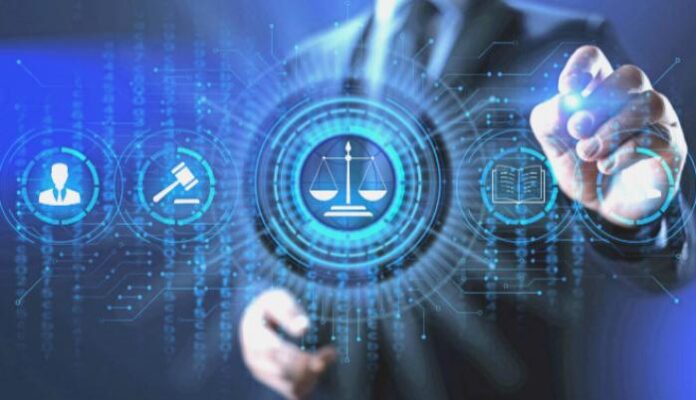New technologies such as Artificial Intelligence, virtual reality or blockchain are beginning to revolutionize the world and the legal sector is no exception. In fact, in recent years large law firms have begun investing in legal technology solutions to gain a competitive advantage and better serve their clients. These solutions have opened the way to a new sector: Legaltech.
What is legaltech?
The term legaltech is used to refer to the application of new technologies in the legal field, both in marketing and in the provision of services. Its main objective is to facilitate legal work by focusing on clients to reduce waiting times, reinforce security, reduce costs and increase productivity.
The most promising new technologies applied to the legal sector
- Legal transcription. Many legal procedures are already carried out remotely through video conferencing, so it is essential to record them for transcription. However, court reporters can now rely on legal transcription software that has a high level of accuracy. The main benefit of this technology is its speed when generating transcriptions, which saves time and reduces costs.
- Documentation automation. In the legal sector, many documents are generated and their preparation takes up precious time. However, there are already automated software that allows documents to be written in a matter of minutes and makes their management easier. The automation of office tasks allows you to create and manage reports, documents and invoices, saving time and human resources.
- Virtual legal assistants. Chatbots can also become virtual legal assistants that increase the operational capacity of legal teams. This technology eliminates tasks that do not require human intervention, so it can be used to answer customers’ most frequently asked questions or schedule appointments. Thus, users receive faster and more efficient service while freeing up human resources for more important tasks.
- Automatic contracts. One of the biggest revolutions in legaltech is coming from the blockchain. This technology allows the creation of smart contracts that can be executed automatically when pre-established conditions agreed upon by the parties are met. It also allows data to be temporarily legitimized and validated, so it can be used to certify and preserve documents, ensuring that they are not manipulated.
- Analysis of legal documentation. Artificial Intelligence is one of the most interesting bets in legaltech. This technology can review and analyze the most relevant case data and quickly identify similar documents. Thus, lawyers can dedicate themselves to activities that demand greater analysis, attention and experience. You can also check contracts for specific terms or clauses or even detect flaws to reduce the margins of error in the legal process.
- Litigation prediction. Big data applied to legaltech allows processing large amounts of complex data that conventional computer systems cannot analyze. Therefore, it helps lawyers process, sort, classify and analyze millions of legal documents, laws, files and files in record time. When this technology is combined with machine learning, it can analyze historical records of judicial decisions to look for patterns and trends that allow a prediction about a judge’s ruling. This way, lawyers can develop more effective legal strategies and make decisions based on objective data that save time and resources, both for the firm and their clients.


